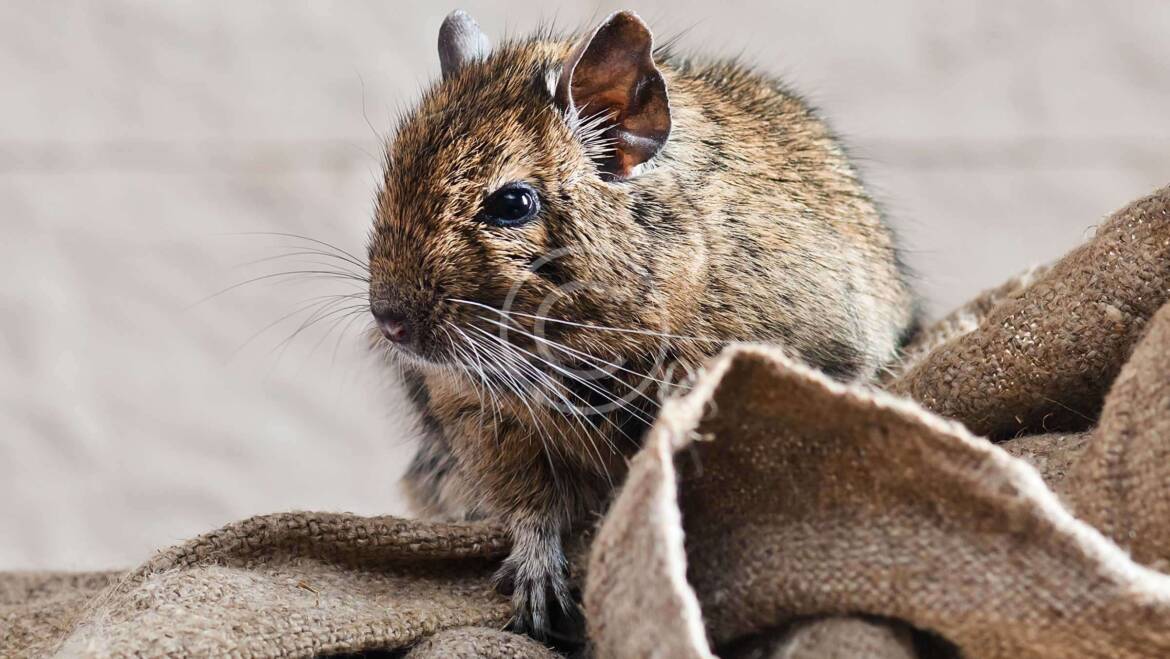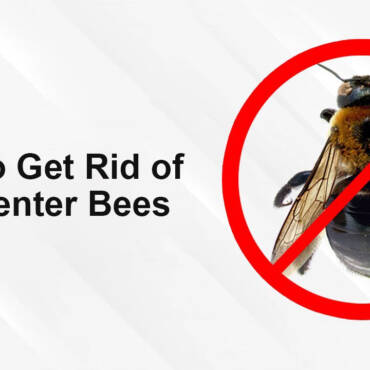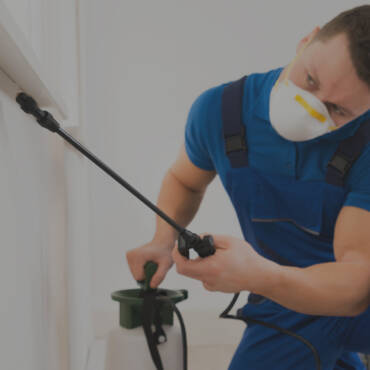
Why and how mice get in your house – Finding Mice Entry Points
Mice are pests that can trick the human eye until the infestation becomes enormous, that’s when you start noticing the signs. They are stealthy nocturnal creatures that can escape threat for a long time until you finally see their droppings and discover gnawing marks on your furniture. You may find half-eaten food stolen from your pantry with bite marks or pungent odours coming from walls and skirtings, then you surely have mice on your property and they could be residing in large numbers.
Mice may get into your house- usually during the cold fall and winter months. Many homes in the United States face the problem of growing infestation around this time. Mice may escape the harsh weather conditions by getting into homes via open spaces, cracks, and gaps in the walls. A crack is an invitation for mice to gnaw on it with its sharp teeth and make bigger holes to enter into houses. Their teeth are designed to cut through hard materials at a quick pace. Mice are long bodies and long-tailed creatures. They are quite small and grow up to 4 inches long, they are agile and can squeeze into any kind of space by shrinking their body mass up to ¾ in size.
Mice are attracted to warm shelters with food and water sources. They multiply really fast. A female can give birth to half a dozen babies every month so before you know it in a few months you will be dealing with a large infestation at hand. Nipping the problem in the bud works well to prevent mice infestation. They can cause serious damage to your property as well as is a carrier of many fatal diseases to humans like Hantavirus, Rat-bite fever, salmonella infection, and plagues. Since they are nocturnal creatures, you won’t find them active during the day.
Mice do get into homes during summer as well. They do like dark enclosed spaces and due to warmer temperatures and heightened activity outside. They may escape into homes that are less occupied or cooler to regulate their body temperatures like all other mammals.
Poor sanitation and clutter are one of the reasons why mice may get into your house. These make ideal nesting grounds for mice with access to water and food for them. Mice feel safer in an environment with minimal external threats and choose an area you rarely visit. Mice may live outside your home but find easy access in to your home from their nest whenever they need food or water.
As the natural habitat of mice keeps shrinking each year, the mice have to find a new home to live in. They live in bushes and forests and humans are encroaching on their areas at a fast pace. This forces the animals to leave their homes and find food water shelter in what they are offered instead- the concrete jungles.
Construction noises force mice to move away as well and cause them to enter homes where noise is lesser. Noise pollution is one of the reasons mice enter homes. If you are those who don’t stay much at home then it’s an ideal place for mice to inhabit.
How do Mice get in your House?
Crack and holes and walls- old constructions develop cracks and damp spots, become mouldy, and make it easy for mice to get into them. Mice are very agile and can gnaw through hard material. They can reduce their body size and squeeze into homes via cracks and crevices while making holes bigger if they are too small. The eaves of your foundations may also have cracks that help mice get into the homes. Make sure to fill all these holes and gaps with a mixture of caulk and steel wool making it difficult for mice to enter. Be mindful of gaps behind stationery appliances like dishwashers and air conditioners.
Gaps in doors and windows- The gaps that appear in doors and windows due to wear and tear of wood and loose shutters are a frequent entry point for mice to enter into homes. Mice can nest in your garden and use these gaps to move back and forth for food. Install door sweeps to prevent rodents from entering your premises.
Food source-Rats look for plenty of food supply. If your trash bins are left uncovered or the food items in your pantry and the kitchen are not well sealed, it will attract mice into your home. Food scraps and crumbs that are left undisposed attract mice. Make sure to dispose of all food waste immediately and cover the trash bins.
Pet waste and pet food- Mice are attracted to all kinds of foods and even digested fecal matter. Pet waste can attract a mice infestation. Pet food and water is also good source of steady food supply for them. To counter this problem do not leave pet food open overnight and toilet train your pets.
Clutter in Homes- When there is too much clutter in homes, old piles of wood and unused stuff lying around in the backyards attract mice. They tend to search for such nesting places. Keep your home neat. Spring cleaning your house regularly helps a great deal. You can use natural pest repellents in storage areas like cotton balls dipped in peppermint oil which repels mice.
Overgrown yards- Yards and gardens which are not maintained with fallen tree branches decaying leaves and untrimmed bushes and shrubs will attract not just mice but plenty of other rodents. Clean your backyards regularly and maintain the gardens by trimming the shrubs and pruning the tree branches that touch the walls giving access to mice.
Leaky pipes- Leaky pipes are a great source of water for mice. They will always be comfortable making a home around a steady water source. It is important to carry out our regular maintenance work in homes, especially the old constructions, to rule out leaking pipes that not only damage the structure but are a perfect place for mice to inhabit.
What you need to know about mice in your home
Mice can appear to be harmless and cute at first instance but don’t be deceived by their looks. In reality, they can cause a lot of damage to your home and do not make for good housemates.
Mice have the potential to make humans very sick. The common mouse is not as dangerous maybe as a deer mouse but they can still spread a lot of diseases, such as hantavirus, salmonellosis, and listeria through their urine, droppings, saliva, and nesting materials. Major infestation may cause an increased risk to catch the disease. Their risk of disease associated with mice, in cleaning up their nesting spots or places they have defecated and urinated on, sanitation process should not be taken lightly.
Spotting a single mouse in the home simply means there are more lurking around in the attic or the corners. Mice breed with a single female that can give up to 12 litters a year. They eat about 15 to 20 times a day. They need something to gnaw on be it furniture, clothes, or wiring. They multiply so fast that you will be surprised. You will also discover some major damage if you go through your things during or after the infestation is cleared.
Micro droplets of mouse urine can cause allergies in small children. Inhaling dust that contains dried mice faeces can cause asthma flare ups. Furthermore, mice can also bring fleas, mites, ticks and lice into your home. If you suspect that your symptoms are associated with mice infestation, seek medical help. Be sure to inform your doctor about the infestation in your house.
Mice droppings should never be vacuumed and swept because that will release more bacteria into the air. Protect yourself by wearing latex gloves or a mask while cleaning spots infested by mice. It is recommended to spray commercial disinfectant or a mixture of bleach. Dispose of the paper towels away carefully in a plastic cover away from the house.
Ultrasonic Electronic devices can scare away mice better than a cat sometimes. Pest control companies sell these devices that emit a tone that is stressful to the ears of rodents and force them out of your home. Look for the area of infestation first and install them accordingly. These can be heard only by rodents and do not interfere with pets and humans.
To stop mice from getting into your home, prevention is the key. Fix the holes, gaps, and crevices. Maintain a tidy place and do not let cleaning take a backseat at any point. It pays to have a clean home and costs to have a dirty one. Following some of these simple steps can avoid mice infestation in your home. If you are unable to control the mice infestation at hand, call a reliable mice extermination service provider. Pest control can solve the problem for you fast and easily and save you a lot of work while controlling damage to your premises.



Add Comment